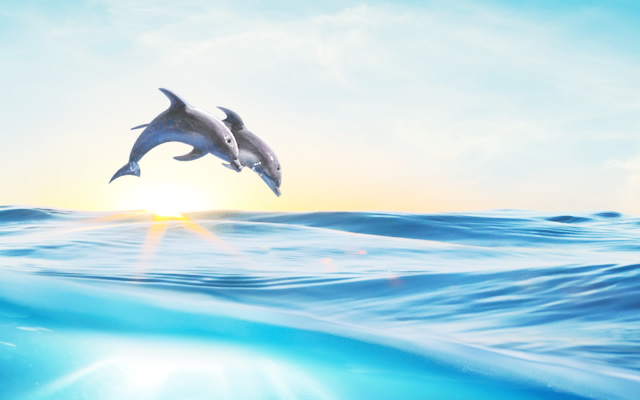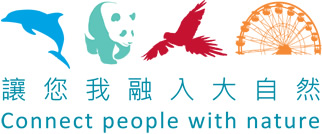
The Experience
- Latest Events & Occasions
- All Events
- Ocean Park’s New Member Naming Challenge
- Christmas Sensation HOHOHO 2023
- Two New Attractions in The Summit
- New Journey! Explore the Nature Playground: An 8-hour Adventure
- Seasonal Adventure Series - Winter 2023
- Seasonal Adventure Series - Autumn 2023
- Ocean Park X Baby Shark
- Island South Discovery
- Ocean Park Multimedia Shows
- Attractions
- Dining & Shopping
- Plan Your Visit
- Interact with Animals
- Parents' Panel

Annual Membership
- Hong Kong Ocean Park Annual Membership
- Member Offers
- Current Members
- Ticket Conversion

Plan Your Events
- Corporate Events & Charters
- Personal Celebrations

Education & Conservation


























